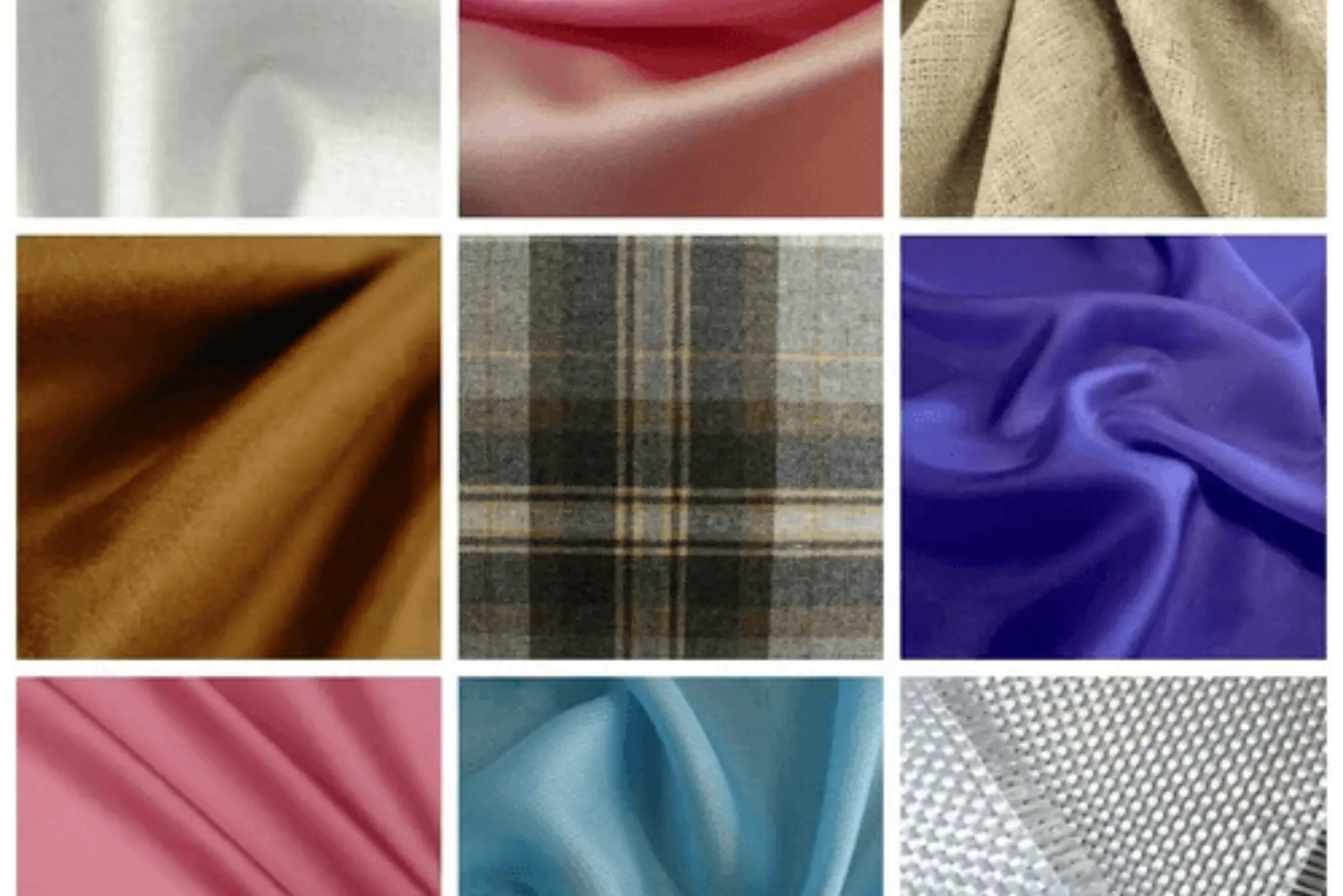The laser industry has evolved from being a highly technical niche to a crucial part of manufacturing, medicine, research, and even creative design. Behind every precise laser cut, medical laser treatment, fiber laser engraving, or high-power industrial welding system, there is a laser manufacturer shaping the technology that makes it possible. But choosing the right manufacturer is not just about price or product availability; it is about trust, performance, and long-term reliability.
Having worked with multiple laser-based systems in industrial production environments and creative agencies, I’ve seen firsthand how the quality of the manufacturer determines the output, maintenance requirements, and overall business efficiency. Whether you’re an engineer, a business owner, or a researcher, your laser supplier plays a much bigger role than you might initially think.
In this guide, we’ll take a real-world look at how laser manufacturers operate, what makes the best ones stand out, and how their innovations continue to reshape industries that rely on precision cutting, marking, measuring, and processing.
How Laser Manufacturers Shape Industrial and Creative Industries
A laser manufacturer does much more than assemble machines. They develop laser sources, optical components, control systems, and specialized configurations depending on the required application. Their work influences sectors like:
-
Automotive and aerospace part fabrication
-
Medical equipment sterilization and surgery
-
Metal and acrylic fabrication using laser cut technology
-
Semiconductor and microelectronics production
-
Jewelry engraving and customized product design
-
Military and defense-grade targeting and sensing systems
In industrial applications, a poor-quality laser can slow down the entire production chain. On the other hand, a high-precision laser system can cut metals at speed, deliver clean edges, and reduce post-processing work — which is why the phrase laser cut is now associated with both quality and efficiency.
Why Laser Cut Technology Depends on the Manufacturer
Laser cutting is one of the most widely used applications in the world of lasers. From sheet metal to wood, textiles to plastics, industries depend on machines that can perform laser cut operations with high accuracy, speed, and repeatability. The difference between a precise cut and one with heat burn, distortion, or uneven edges often comes down to the laser source and calibration — both controlled by the manufacturer.
Good laser manufacturers:
-
Use stable, high-quality beam sources
-
Offer adjustable power ranges for different materials
-
Develop smart cooling and safety systems
-
Provide easy-to-use software for patterns, depth, and cut tolerance
-
Offer long-term spare parts and after-sale support
A poorly calibrated or cheaply built laser might cut initially, but it will gradually lose beam stability, burn through material, or require frequent service — turning what was meant to be a cost-saving tool into an unplanned expense.
Key Qualities of a Trustworthy Laser Manufacturer
1. Technical Expertise and R&D Commitment
The best manufacturers are not just resellers; they build their technology in-house and invest in research and development. They improve laser beam quality, energy efficiency, and safety controls every year.
2. Industry-Specific Capabilities
A laser used for medical surgery cannot be the same as one used in metal fabrication. Top manufacturers produce specialized models for cutting, welding, engraving, measuring, and non-invasive treatment.
3. Real-World Testing and Certifications
ISO, CE, FDA, and RoHS certifications are not just badges — they show that the manufacturer meets international standards. Industrial buyers always check this before signing a supply contract.
4. Software and Integration Support
Modern laser machines are not standalone hardware. They use advanced software for power settings, pattern control, and automation. A reliable manufacturer provides regular firmware upgrades and user training.
5. Long-Term Service and Spare Parts
No laser system is maintenance-free. A dependable manufacturer ensures that customers can still find parts and support even 5–10 years after purchase.
How Laser Manufacturing Innovation is Transforming Businesses
One of the biggest changes happening right now is the shift from traditional CO₂ lasers to fiber lasers. Fiber-based systems cut faster, consume less power, and last longer. Many factories replacing old metal cutting machines are specifically asking for fiber models because the laser cut speed is almost double, and the cut finish is cleaner.
Another major innovation is portable laser welding and handheld cleaning systems. Instead of chemical cleaning or grinding, companies now use laser beams to remove rust, paint, and surface impurities — with zero dust or pollution.
The medical sector is also experiencing a shift. Laser manufacturers are now producing compact dermatology units for skin treatments, eye correction, and dental surgery — reducing pain and healing time for patients.
Even creative industries benefit. Small workshops are using laser engraving to customize glassware, jewelry, leather products, and acrylic signage — proving that lasers are no longer exclusive to giant factories.
Real-World Example: Choosing the Wrong vs. Right Manufacturer
I once worked with a startup that purchased a low-budget laser cutter from an unknown supplier. It worked fine for the first two months, then started showing alignment issues. The “brand” had no support team, no spare parts, and no service center. Eventually, the company had to replace the entire machine.
By contrast, a medium-sized metal factory I consulted for chose a reputable laser manufacturer that cost 35% more upfront — but their machine ran for four years with only routine service. Not only did they save money, but their laser cut output quality helped them win high-precision contracts.
The lesson is simple: a laser machine is only as good as the manufacturer behind it.
Future Trends in the Laser Manufacturing Industry
Laser technology is entering a new stage where precision will be matched with automation and AI. Future manufacturers are focusing on:
-
Self-calibrating laser systems
-
AI-guided cutting paths for complex shapes
-
Green energy lasers with lower power consumption
-
Ultra-fine micro lasers for electronics and nanotechnology
-
Cloud-connected monitoring for predictive maintenance
This means that tomorrow’s laser manufacturers won’t just sell machines — they will sell intelligent, self-upgrading production tools.
Final Thoughts
Whether you’re in fabrication, healthcare, engineering, or product design, choosing the right laser manufacturer is not just a purchasing decision — it is a long-term investment in quality, productivity, and competitive advantage. Always look beyond the price tag and focus on durability, certification, after-sales support, and the manufacturer’s technological vision.
A reliable manufacturer ensures that every laser cut you make, every weld you fuse, every pattern you engrave, and every medical procedure you perform is backed by stable performance and proven engineering.
If you treat your supplier as a partner rather than just a vendor, you’ll build a workflow that is future-ready — not just functional.






